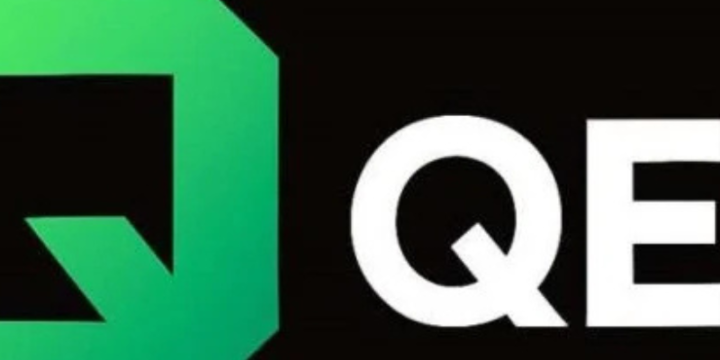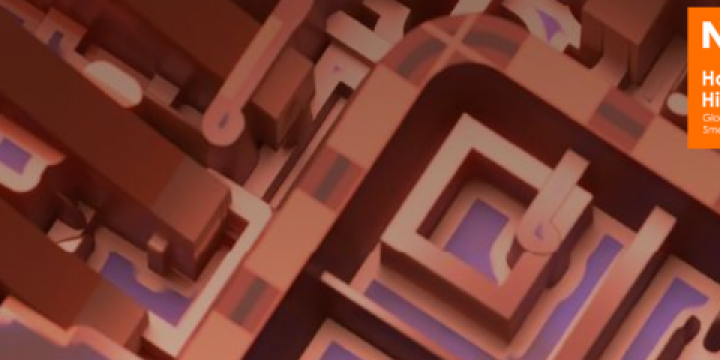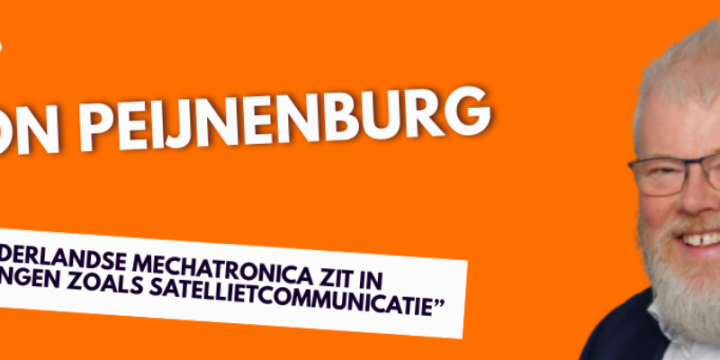De Nederlandse composietindustrie is voorloper op het gebied van thermoplastisch composiet in geautomatiseerde processen. Het streven is om deze voorsprong te behouden en uit te bouwen. Het Europese project STUNNING is een samenwerking tussen 14 partners, waaronder de Nederlandse partners SAM XL, GKN Fokker, Nederlands Lucht- en Ruimtevaartcentrum en TU Delft (allen leden van onze industriepartner CompositesNL). Een aantal technieken en processen waarin Nederland een leidende positie heeft, komen samen in dit project. Project STUNNING demonstreert het gebruik van nieuwe geavanceerde thermoplastische materialen en productietechnieken in de rompconstructie. Deze keer wordt het project STUNNING toegelicht, met funding uit het Europese programma Clean Sky 2.
Nederlandse composiet industrie
Veelal ingegeven door klimaatdoelstellingen en een circulaire economie, volgen de innovaties in de Nederlandse composietindustrie elkaar in razend tempo op. De urgentie om lichter te bouwen is voelbaar in alle sectoren. Immers door minder gewicht is minder energie nodig voor beweging. Composiet heeft precies de eigenschappen die daarvoor nodig zijn, uiterst sterk en buitengewoon licht. In de lucht- en ruimtevaart, automotive, maritiem en energiesectoren wordt al veelvuldig ontworpen met composiet en dat zal de komende jaren explosief groeien.
Nieuwe geavanceerde thermoplastische materialen en productietechnieken in de rompconstructie
Project STUNNING is een samenwerking tussen NLR, SAM XL, GKN Fokker en de TU Delft. Een aantal technieken en processen waarin Nederland een leidende positie heeft, komen samen in dit project.
De luchtvaartsector is een cruciale speler in het bijdragen aan een slim, groen en geïntegreerd vervoersysteem, zoals gedefinieerd in Horizon 2020. Toepassing van de juiste technologieën voor romp-, cabine- en systeemintegratie worden beschouwd als de grootste kanshebbers voor het drastisch verlagen van brandstofverbruik, CO2 en NOX uitstoot en geluidsoverlast.
Project STUNNING demonstreert het gebruik van nieuwe geavanceerde thermoplastische materialen en productietechnieken in de rompconstructie.





